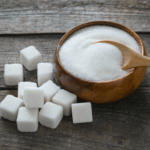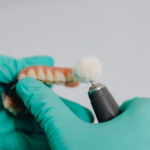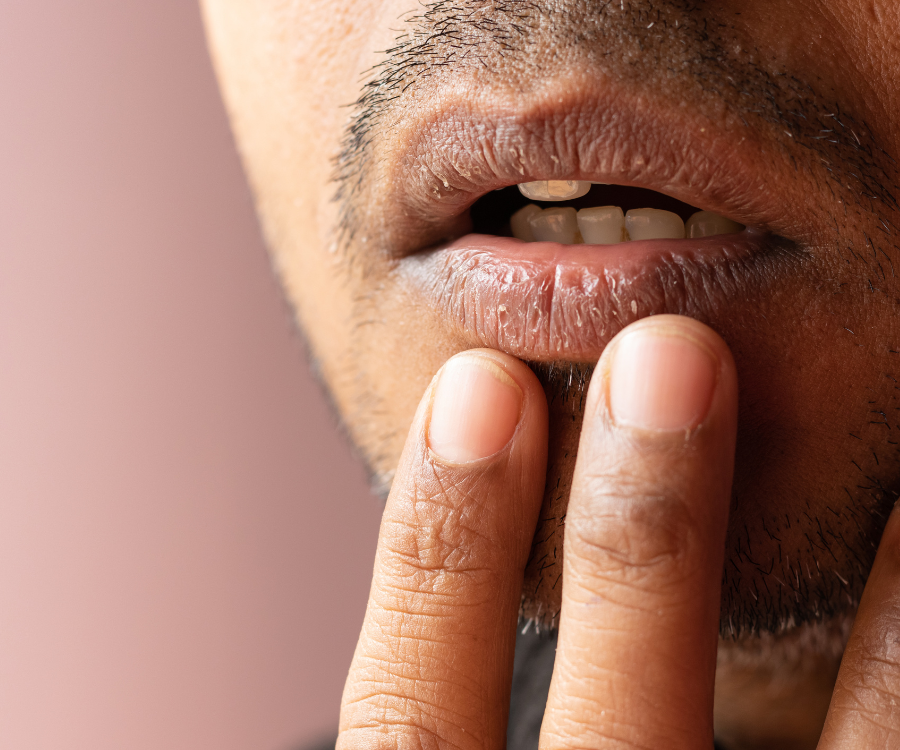Dry mouth, or xerostomia, can be a real nuisance. It can cause discomfort, interfere with eating, and even lead to dental problems. But don’t worry, there are steps you can take to manage and prevent it.
Understanding Dry Mouth
Before diving into solutions, let’s briefly understand what causes dry mouth. It can be a side effect of certain medications, a result of medical conditions like diabetes or Sjogren’s syndrome, or simply a byproduct of aging. Sometimes, it can even be triggered by lifestyle factors like dehydration or mouth breathing.
Preventing Dry Mouth
- Stay hydrated: Drinking plenty of water throughout the day is crucial.
- Watch your medications: If you suspect your medication is causing dry mouth, consult your doctor.
- Limit dehydrating substances: Reduce your intake of caffeine, alcohol, and tobacco.
- Moisturize your environment: Use a humidifier, especially during dry weather or while sleeping.
- Practice good oral hygiene: Regular brushing, flossing, and mouthwash can help prevent dental issues.
Treating Dry Mouth
- Stimulate saliva: Chew sugar-free gum or suck on sugar-free candies.
- Use saliva substitutes: Over-the-counter products can help mimic natural saliva.
- Opt for moisture-rich foods: Incorporate watery fruits and vegetables into your diet.
- Avoid irritating substances: Steer clear of spicy, salty, or acidic foods.
- Consider medical treatments: In severe cases, your doctor may prescribe medication or recommend other treatments.
When to See a Doctor
If your dry mouth is persistent, interfering with your daily life, or accompanied by other symptoms, it’s essential to consult a healthcare professional. They can determine the underlying cause and recommend appropriate treatment options.
Remember, while dry mouth can be bothersome, it’s usually manageable with the right approach. By following these tips and seeking professional advice when needed, you can find relief and improve your overall oral health.








